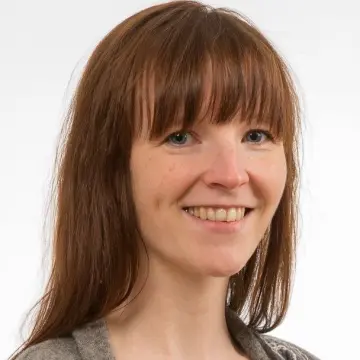THIS ARTICLE/PRESS RELEASE IS PAID FOR AND PRESENTED BY NIBIO - Norwegian Institute of Bioeconomy Research - read more
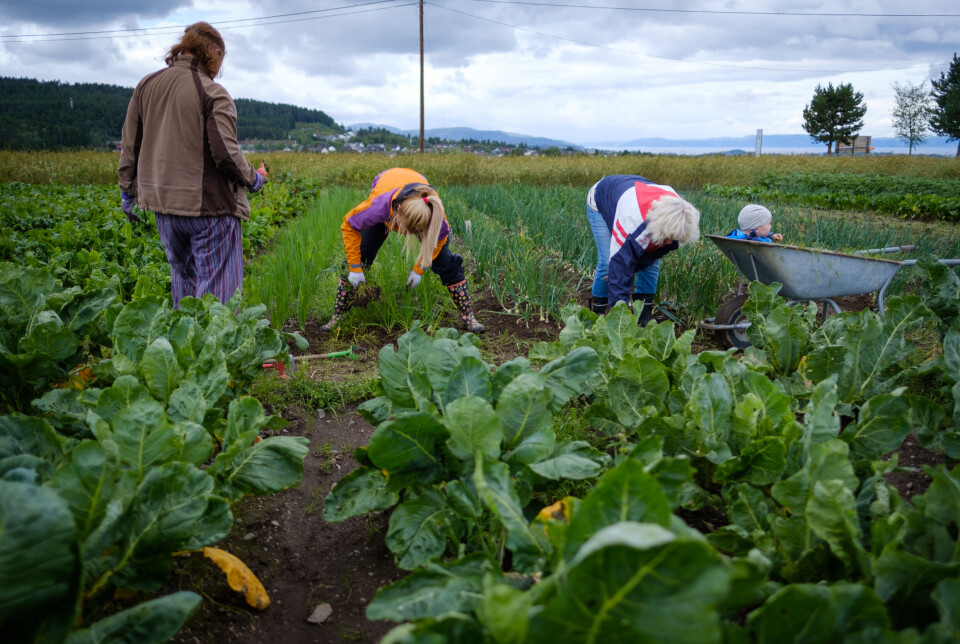
Growing your own vegetables makes you happier
A new survey on community-supported agriculture in Norway shows that members experience increased quality of life and improved physical and mental health.
The more they participate, the happier they report feeling.
Researcher Anna Birgitte Milford at NIBIO has analysed the responses from 390 cooperative owners in 45 different community-supported agriculture (CSA) programmes in Norway.
The aim of the survey was to learn more about the experiences people have with being part of a CSA. The purpose is to optimise the organisation of the farms as much as possible.
“A surprising number of people, almost 80 per cent, answered that being part of a CSA gave them an increased quality of life. It tells me that they gain more than just vegetables from their membership. And this effect deserves to be highlighted,” Milford says.
What is community-supported agriculture?
Growing your own vegetables is not always easy. Especially if you have neither land nor knowledge on how to start. By buying into a CSA, you can get help from experienced farmers and grow most of your own vegetables.
“Many CSAs are run by a farmer who owns the land and all the necessary agricultural equipment. The farmer is responsible for the day-to-day operations. Members are notified when it is time to participate during the growing season and when various vegetables are ready for harvesting,” Milford says.
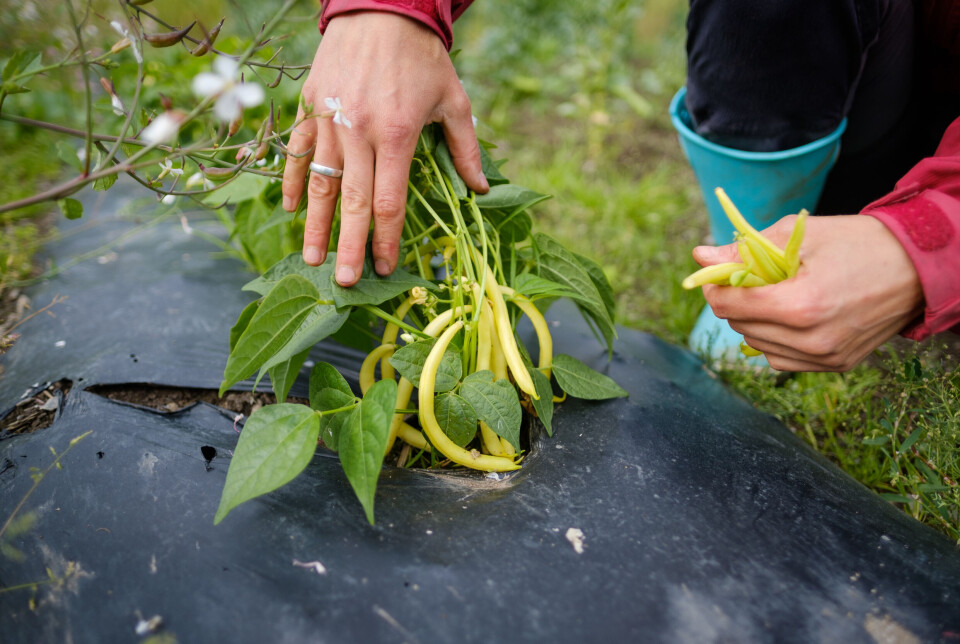
“The shareholders, as the members are called, pay for their share of what is grown ahead of the season. This is how the farmer and the members share the risk of a poor harvest caused by bad weather or other unforeseen events,” she says.
There are also other ways to run a CSA. Some are more consumer-driven, meaning that members have more control of the day-to-day operations themselves – or they can hire a gardener.
This also means that members bear the costs of renting land and buying equipment.
Get your hands dirty
In the survey, close to 40 per cent stated that their physical health had improved. Over 50 per cent reported improved mental health.
Why do so many experience a higher quality of life? Where does this sense of happiness come from? According to the researcher, it is about much more than just fresh vegetables.
“It's about the social community and the joy of being outdoors, watching things grow, and getting your hands dirty. This experience means much more to many than simply buying vegetables from a store,” Milford says.
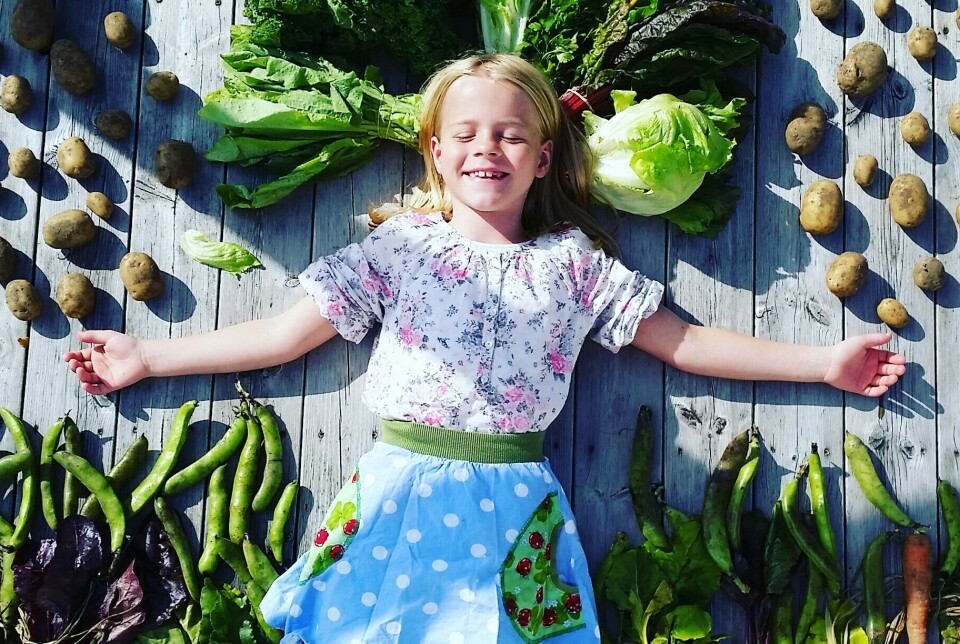
In the comment section of the survey, many shareholders have described what lies behind the feeling of increased quality of life. Milford highlights a small selection:
"A fantastic place to be and work in pleasant company. No pressure to deliver – focus on learning, being together, having a good time by the campfire."
"... closer proximity to nature and food production, easy to miss in a city."
"Being able to stick your fingers in the soil instead of just pressing keys on a keyboard."
More vegetables on the menu
Around 70 per cent of the shareholders also answered that they have improved their eating habits after becoming members.
“A surprising number of people answered that they have started to eat more and different types of vegetables than before. It's probably because they bring home a greater variety of vegetables and develop a conscious approach to using them in their daily cooking,” Milford says.
She explains that only a small proportion of the Norwegian population consume as many vegetables as recommended by the health authorities.
"Therefore, it is very beneficial for public health if membership in CSAs leads to people eating more vegetables,” she says.
The researcher is interested in finding ways to motivate larger parts of the population to eat more greens, as well as to join CSAs.
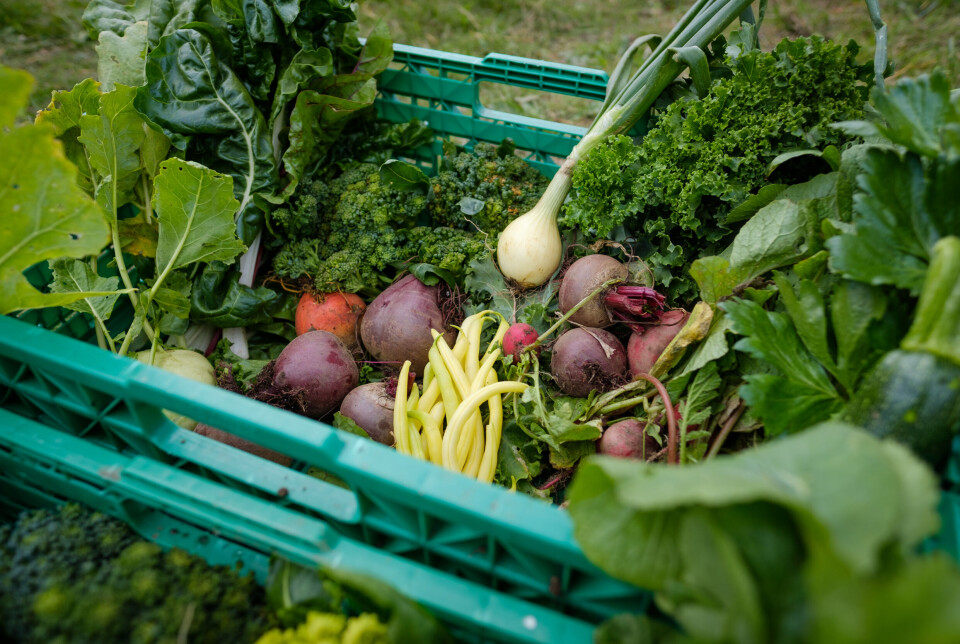
“We need to create business models that are enticing even for those who do not include vegetables as part of their daily diet. We should look into more convenient delivery agreements and payment methods," Milford says.
She suggests that more emphasis should be placed on inspiring recipes and cooking courses as part of the package.
"This would be an interesting field for future research,” she says.
A wish for the future
Milford believes that the survey demonstrates the positive ripple effects of CSAs on public health. Nevertheless, these farms fall outside society's support system.
“CSAs fall through the cracks and receive no support from health authorities, agricultural authorities, or environmental authorities. This means that the shareholders bear the full risk and must pay for one year's production, even if the crop yield is poor. To be able to take this risk, you must have some surplus,” Milford says.
A wish for the future is for such farming models to be recognised for the societal benefits they provide and to receive public support for their contribution to better physical and mental health.
You can read more on NIBIO's project page - URBANFARMS.

This article/press release is paid for and presented by NIBIO - Norwegian Institute of Bioeconomy Research
This content is created by NIBIO's communication staff, who use this platform to communicate science and share results from research with the public. NIBIO is one of more than 80 owners of ScienceNorway.no. Read more here.
See more content from NIBIO:
-
These traps can reveal the family lives of brown bears
-
A quarter of the birds here have disappeared
-
This colourful bird is thriving in Norway
-
Can drone-mounted tree planting replace manual tree planting?
-
Light traps can tell us more about nocturnal moths
-
Climate change and land use threaten Sámi reindeer husbandry







